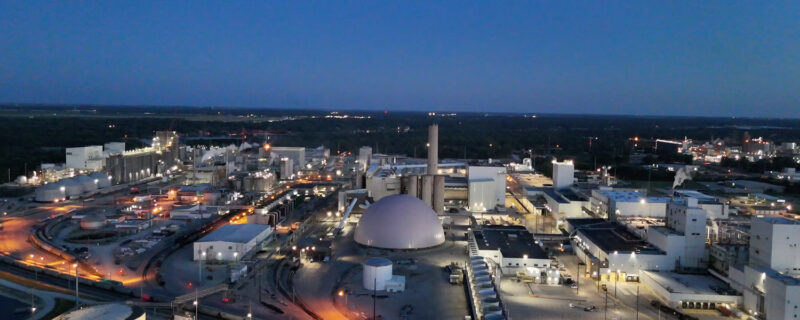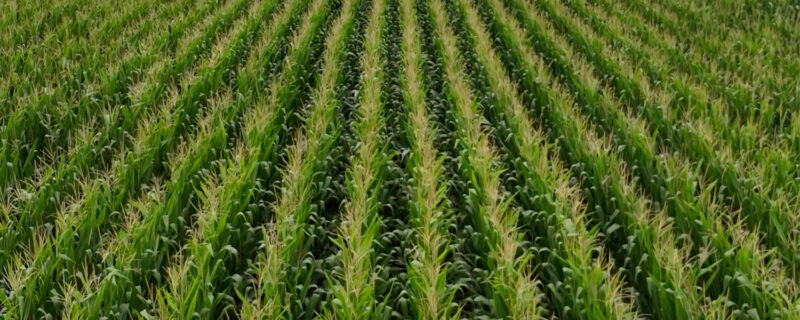This October, as part of our Sunday Scary series, we highlighted the horrors of pollution in Illinois. Each Sunday, we spotlighted a different issue that we’re working to clean up, stop in its tracks and work to ensure that all Illinoisans have a right to a healthful environment, as enshrined in our Illinois Constitution.
We’ve had a tremendous response from people in our network to these stories! You’ve donated, you’ve reached out to say how helpful this content is, you’ve provided critical feedback on our work. We’re thrilled we were able to connect with our members on four key topics we work on.
Here’s a quick look at the four stories in the series:
Week 1: The threat of Carbon Sequestration to the Mahomet Aquifer

The Mahomet Aquifer supplies clean water to nearly a million people in Central Illinois but faces threats from proposed carbon capture and sequestration projects. These projects involve injecting CO₂ underground, posing risks like leaks that could contaminate the aquifer. Recent CO₂ leaks at Archer Daniels Midland’s Decatur facility underscore the dangers of carbon sequestration, prompting communities to seek stronger protections. Champaign County is considering a moratorium, with other counties following suit, while Illinois lawmakers propose a legislative ban.
Week 2: Horrors of Coal Pollution

In the shadows of Illinois’ big, recent climate wins lurks a terrifying reality: coal. With a history of more than 200 years of coal mining in Illinois, our communities are still haunted by coal’s impact. Unreclaimed coal mines leak toxic pollution into our rivers and groundwater, and coal-fired power plants continue to emit harmful chemicals into the air. Even coal ash from plants sits in unlined pits, leaking dangerous substances into our waterways. Despite progress, coal’s impact remains a chilling part of our landscape, and Prairie Rivers Network is fighting for a transition to cleaner energy. We’re committed to helping coal communities reclaim their future through programs under the Climate and Equitable Jobs Act and Inflation Reduction Act.
Week 3: The Curse of the Corn Monoculture

In Illinois, corn’s domination is a frightening reality. Illinois sacrificed 22 million acres of rich tall grass prairie land, once a natural carbon sink, to corn and soybean production. This monoculture has led to severe water pollution, herbicide drift that harms native plants and animals, and farming practices that destroy soil health. Despite being the state’s main crop, corn often costs farmers more than its profits, especially with rising production costs. Prairie Rivers Network is working to bring sustainable agricultural practices to Illinois and to end the state’s dependence on corn monoculture and ethanol production, which is fueled by government mandates rather than sustainability.
Week 4: Trick or (Lawn) TREATment?

This past Sunday, we examined the hazards of chemical lawn treatments. While lush, green lawns might seem harmless, the pesticides and fertilizers that sustain them have far-reaching consequences for pollinators, pets, and even human health. We discussed the impacts on creatures like fireflies and bees, who suffer from exposure to toxic chemicals, and shared sustainable alternatives to help transform Illinois lawns into pollinator-friendly, biodiverse spaces.
We’re grateful for your support in the fight for clean air, water and land in Illinois. Our network is stronger because of people like you working together to make change across our state.







